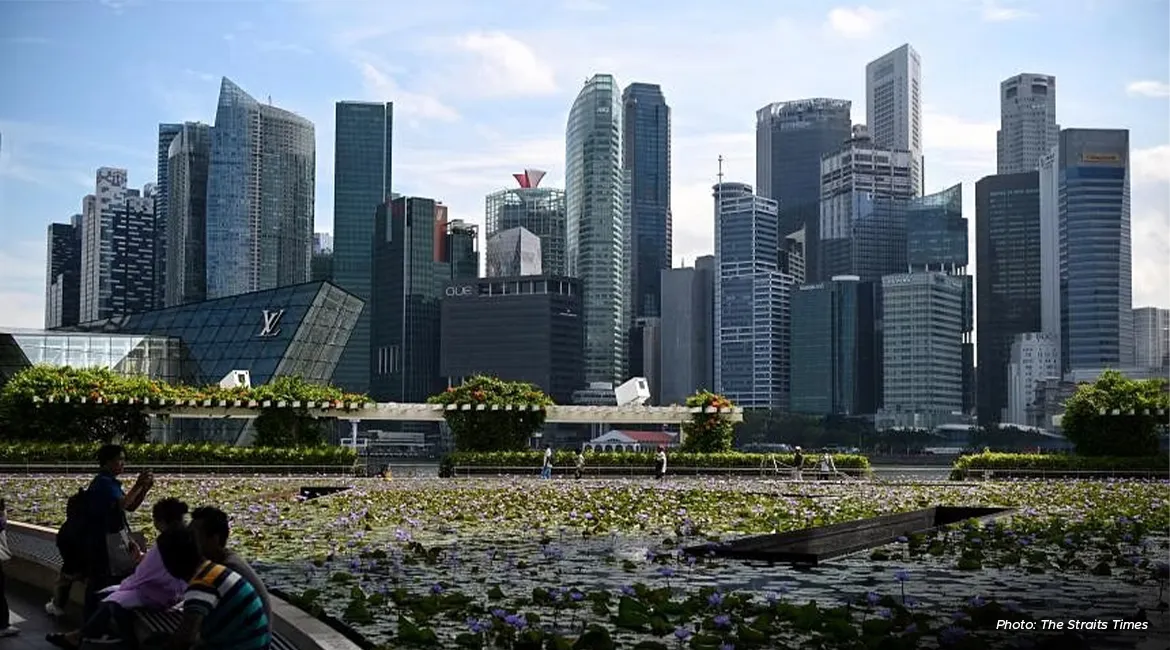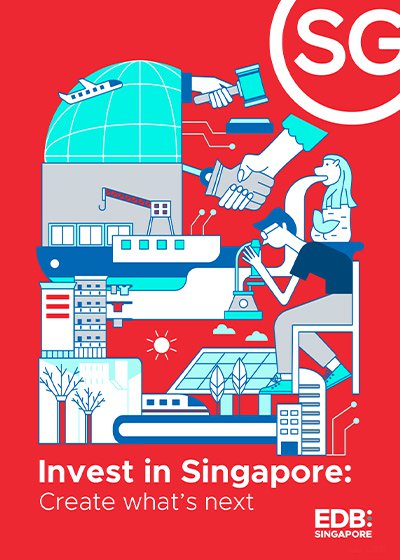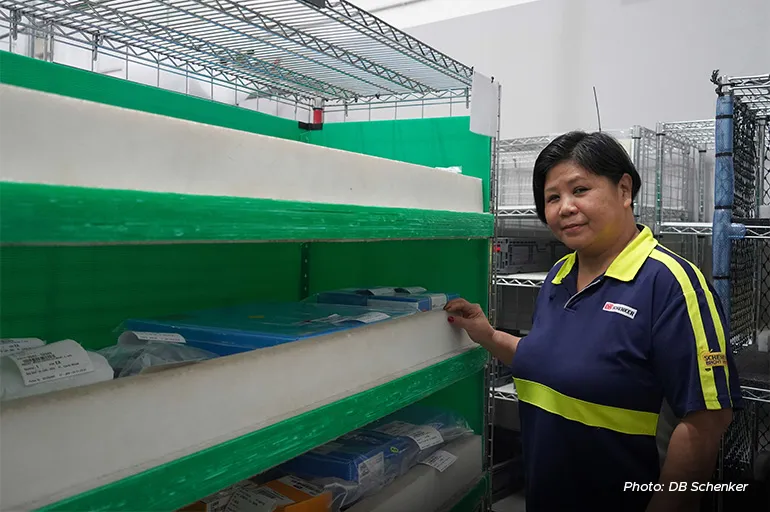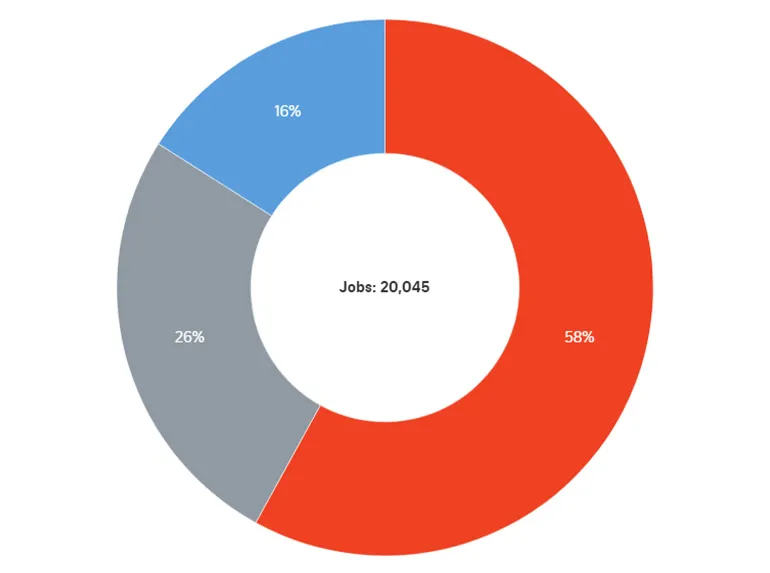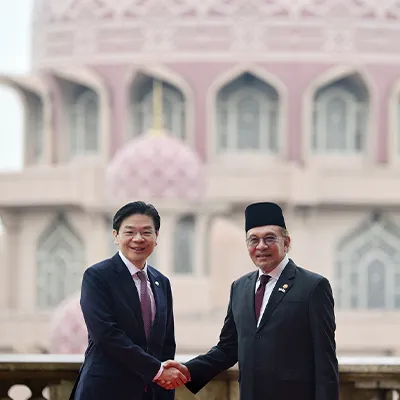The Republic attracted S$12.7 billion in fixed asset investments in 2023 amid a challenging global environment that impacted business and investor sentiment, the Economic Development Board (EDB) said on January 30.
This marked a 44 per cent decrease from the S$22.5 billion in 2022, which can be attributed to the slowdown in demand for semiconductors.
In 2023, the chemicals sector took the lead in fixed asset investment commitments, accounting for about 35 per cent of the total, followed by electronics at 24.2 per cent, and research and development at 16.6 per cent.
In all, the projects secured in 2023 are expected to create 20,045 new jobs when they are fully implemented in the next few years.
Of the jobs to be created, 58 per cent are in services, 26 per cent in research and development (R&D) and innovation, and the remaining 16 per cent in manufacturing.
EDB managing director Jacqueline Poh said the return of industrial policy in other countries led to increased competition for investment, while elevated interest rates also raised the barriers for investment and affected the fundraising environment for startups.
These factors weigh on our investment commitments, but Singapore’s position as a trusted hub for business, innovation, and talent remains a key factor of our attractiveness,” she said at a briefing held at EDB’s office in Raffles City Tower on January 30.
